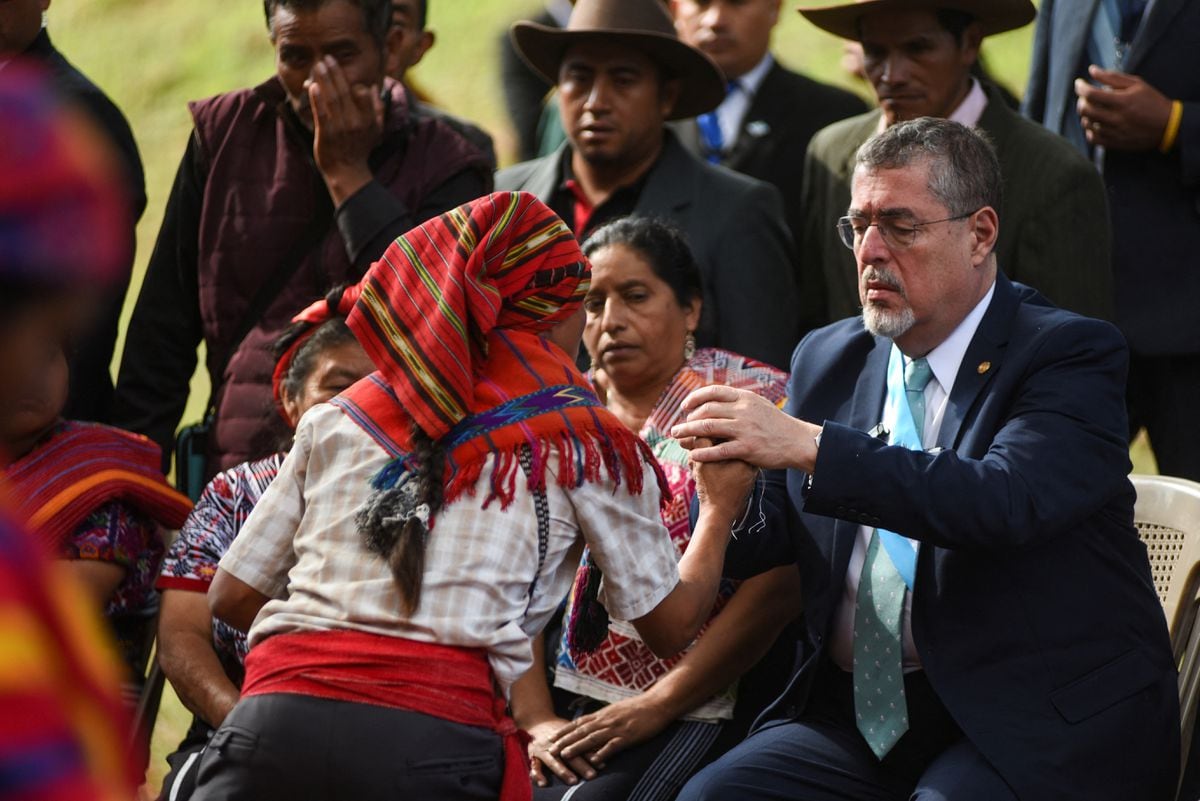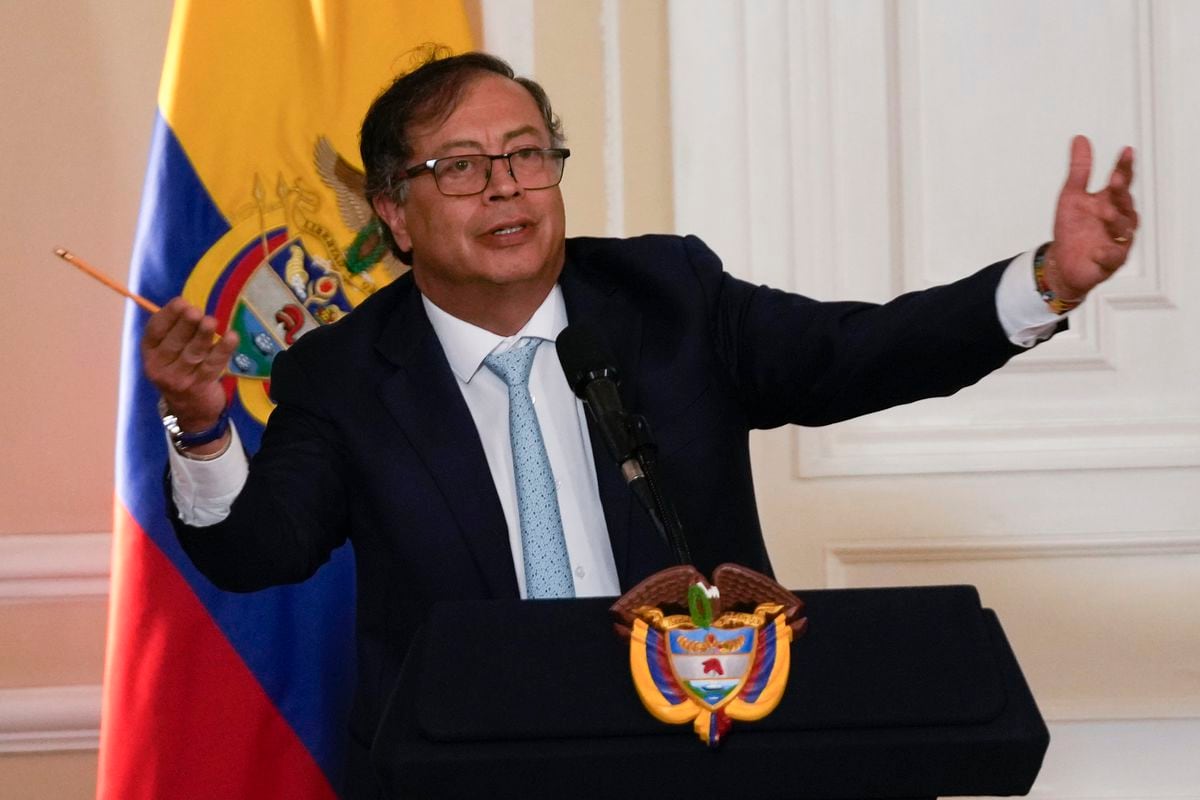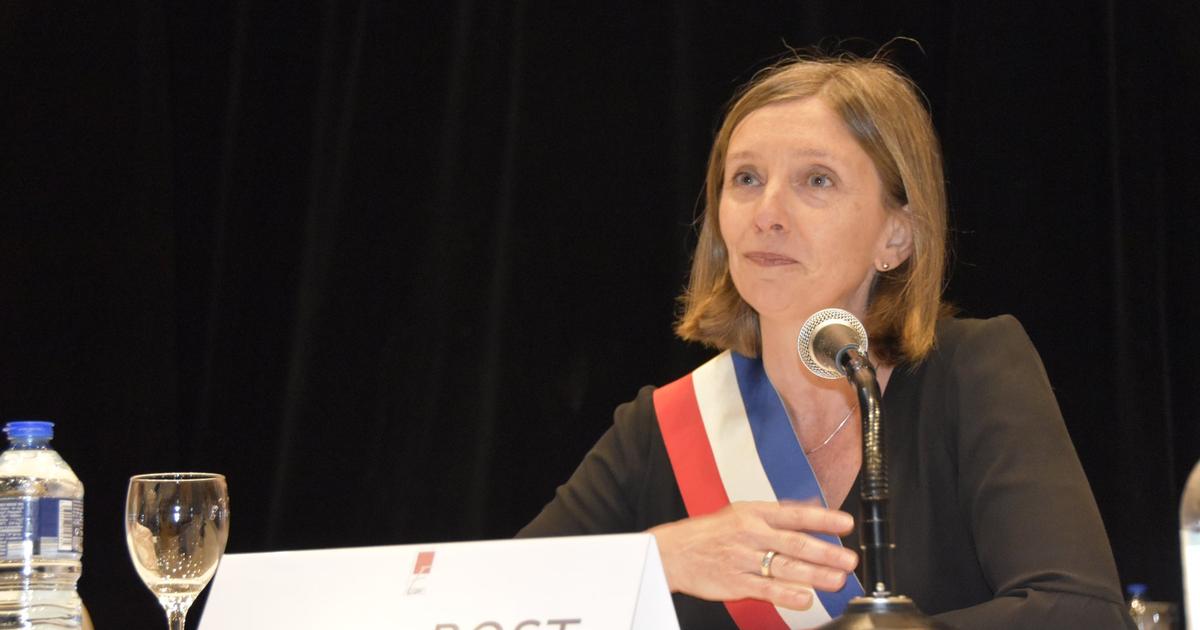Enlarge image
Future President of India: Droupadi Murmu
Photo:
Manish Swarup/AP
India's parliamentarians have elected a woman president for the second time in the country's history: 64-year-old Droupadi Murmu.
Murmu from Prime Minister Narendra Modi's Hindu nationalist ruling party BJP had secured more than half the votes of the almost 5,000 members of the state and national parliaments by late Thursday evening, said an employee of the electoral commission.
The official announcement of the election results is still pending.
Presidential election every five years
Murmu is ethnically one of India's indigenous people.
Indigenous people make up a good 8.6 percent of India's population, and around 1.3 billion people live in the country.
She is the first indigenous woman to hold the highest office in India.
The head of state fulfills - similar to the German Federal President - above all representative tasks, the power lies with the Prime Minister.
The President is elected every five years.
Murmu is to be formally sworn in as President next Monday.
Murmu used to be a teacher and then governor of the state of Jharkhand.
As governor, she campaigned, among other things, for the rights of India's indigenous people.
Indigenous people in the country are often poor and marginalized - even if, among other things, some positions in the government are earmarked for the ethnic group.
Traditionally, they dwell in or near forests, where they subsist as hunter-gatherers.
Many are also active as farmers.
Congratulations to Prime Minister Modi
Prime Minister Narendra Modi congratulated Murmu on her election victory.
"She is a ray of hope for our citizens, especially the poor, the disadvantaged and the neglected," he wrote on Twitter, posting a picture of him handing the future president a bouquet of flowers.
The previous president also belonged to a marginalized population group: Ram Nath Kovind is a Dalit, i.e. a member of the lowest level of the caste system who used to be considered »untouchable«.
The situation of the Dalits has changed little during his presidency.
Dalits continue to experience much discrimination in India.
jpa/dpa/afp




/cloudfront-eu-central-1.images.arcpublishing.com/prisa/ZP4NWHUN7JACK2UZSAHGHFED3E.jpg)


/cloudfront-eu-central-1.images.arcpublishing.com/prisa/MG6G7DJUBNBLRNE2DSTK4WZYTY.jpg)

